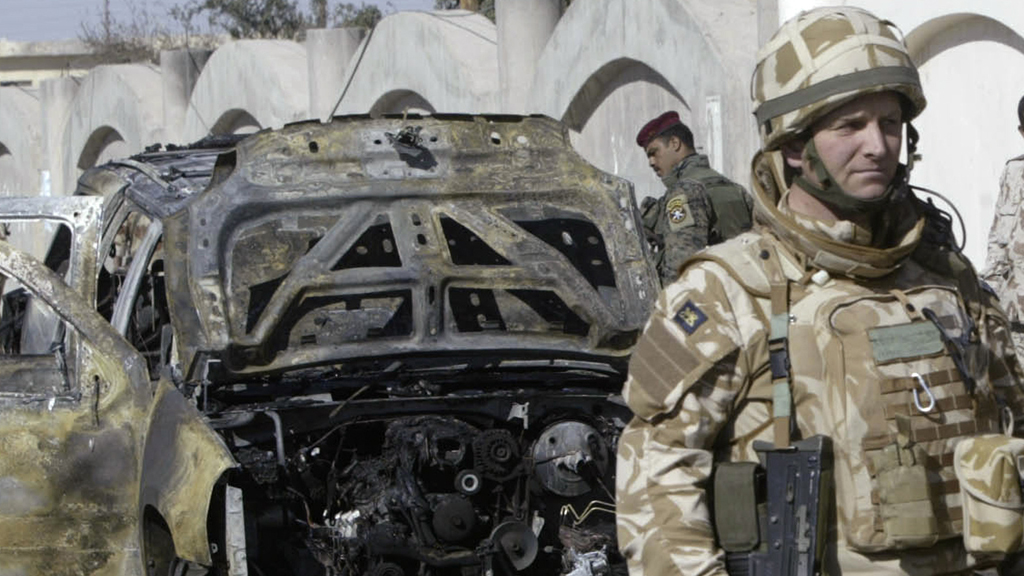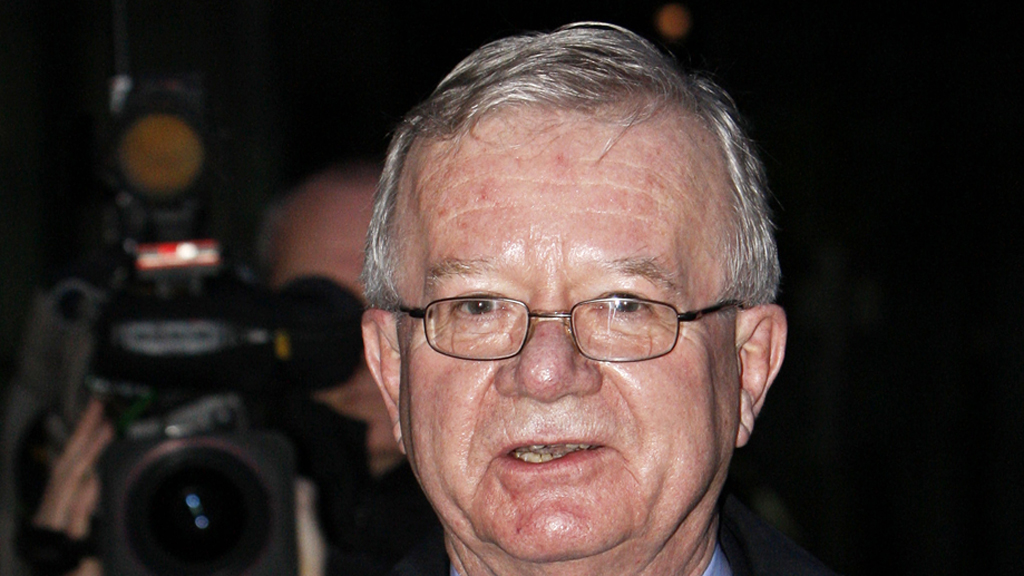‘Gist’ of Blair-Bush Iraq conversations to be made public
The Chilcot inquiry into the Iraq war finally strikes a deal on publishing sensitive conversations between the UK and US leaders, clearing the way for the inquiry’s long-awaited report to be released.
In a letter to the cabinet secretary, Sir Jeremy Heywood, published on the inquiry’s website, Sir John Chilcot said: “I am pleased to record that we have now reached agreement on the principles that will underpin disclosure of material from cabinet-level discussions and communications between the UK prime minister and the president of the United States which the inquiry has asked to use in its report.
My colleagues and I judge that this material is vital to the public understanding of the inquiry’s conclusions. Sir John Chilcot
“I appreciate that the inquiry’s requests for disclosure raised difficult issues of long-standing principle, which have taken some months to resolve: recognition of the wholly exceptional nature of this inquiry has allowed that to happen.
“My colleagues and I judge that this material is vital to the public understanding of the inquiry’s conclusions.”
The inquiry finished hearing evidence in February 2011 and is expected to deliver a report of more than one million words on the events that led to the 2003 invasion of Iraq and its aftermath.
Read Gary Gibbon's blog: Iraq Inquiry inches closer
The invasion toppled Saddam Hussein and began a conflict that led to the deaths of 179 British service personnel and more than 100,000 Iraqis, according to several estimates.

Mr Blair, who was prime minister at the time, has been criticised over his decision to back US plans for military intervention, and other inquiries have found the Labour government relied on flawed intelligence to make the case for war to the UK parliament.
The inquiry has said it will not publish its report – which is likely to criticise individuals – until the Cabinet Office agrees to release sensitive material, including records of conversations between Mr Blair and the then-US President George W Bush.
Read more - FactCheck: what happened to the Iraq War inquiry?
Today’s letter suggests that “a small number of full extracts” of minutes from British cabinet meetings will now be published.
But only “gists or quotes” from discussions between the two leaders will see the light of day, according to Sir John. The previous Cabinet Secretary Gus O’Donnell had already told the inquiry that full records of conversations between Mr Blair and Mr Bush will never be published, even with redactions.
Sir John refers to “potential gaps in the material provided which the government has now addressed, including some material received by the inquiry very recently”.
There has been speculation about the whereabouts of a record of a conversation in which Mr Blair appears to offer Mr Bush a “blank cheque” of unconditional support for America’s war plans.
Read more - Gary Gibbon on Politics: Iraq inquiry inches closer
Some reports suggested that the US authorities’ reluctance to allow the publication of Mr Bush’s private conversations are to blame for the delay.
Earlier this week, Mr Blair said he resented speculation in the press that he had sought to stall the inquiry.
It certainly isn’t me who is holding it up Tony Blair
He told the BBC: “It certainly isn’t me who is holding it up. The sooner it is published the better from my perspective as it allows me to go and make the arguments.”
Prime Minister David Cameron has said he wants to see the report published by the end of this year.

Sir John’s letter sets out some details of the compromise struck with the cabinet secretary, saying the question of exactly what material should be published “will be based on the principle that our use of this material should not reflect President Bush’s views”.
It adds: “The use of direct quotation from the documents should be the minimum necessary to enable the inquiry to articulate its conclusions.”
The timetable for the final publication of the Chilcot report remains unconfirmed.
Slow process
Today’s announcement means that the “principles that will underpin disclosure” have been agreed, but the process of declassifying documents for publication has not yet been finished.
Only after the final material has been agreed can the inquiry re-start the process of “Maxwellisation” – where individuals who are singled out for criticism are warned in advance and given the chance to respond.
The UK/US Head of Government channel is very important and must be handled sensitively. Cabinet Office
A Cabinet Office spokesman said: “The Government is pleased that agreement on a way forward on both Cabinet papers and UK/US exchanges has now been reached with the Inquiry.
“This allows for the declassification and publication of the material the Inquiry believes it needs to explain its conclusions.
“Resolving this issue has taken longer than originally hoped but these are sensitive issues.
“The UK/US Head of Government channel is very important and must be handled sensitively.
“The Government and the Inquiry are working to ensure the Inquiry’s report is published as soon as possible and the Government is doing everything it can to facilitate that.”